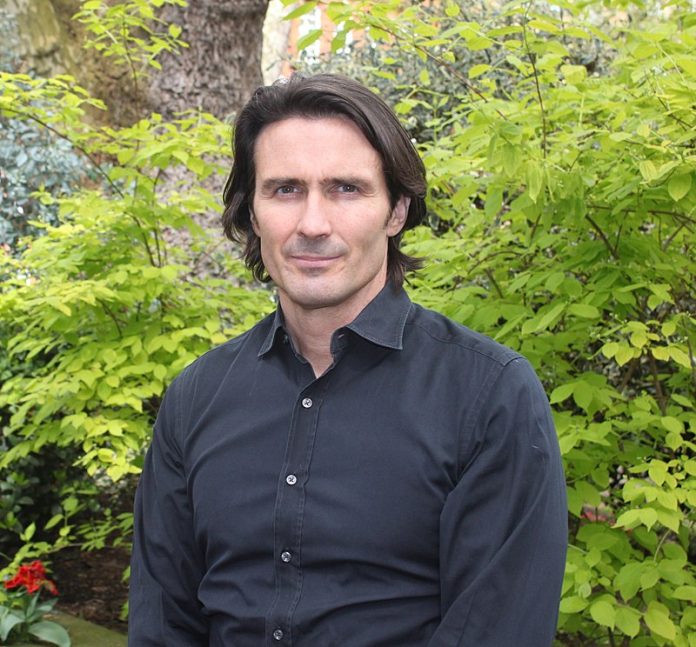London-based Polymateria, in partnership with Indian plastic manufacturer Toppan Specialty Films, recently released packaging that is said to fully biodegrade, leaving no microplastic and toxins behind. The company, which provides tailored biodegradable solutions for conventional plastic packaging, sees good potential for this new solution in the fast-growing Indian market.
“Polymateria’s biotransformation technology ensures that polyolefins fully biodegrade in the open terrestrial environment — safely returning to nature and leaving behind no microplastics or toxic residue. Aligned with the country’s sustainable goals, we see great potential for our biotransformation technology in India,” Niall Dunne, chief executive officer of Polymateria told Packaging South Asia.
According to the company, it is the fastest-ever full biodegradation of biaxially oriented (flexible) polypropylene that is used in food and cosmetic packaging. The result was achieved using Polymateria’s biotransformation technology.
Polymateria also worked with one of the world’s largest confectionery manufacturers to create rigid plastic packaging with biotransformation technology, which was measured to fully biodegrade in 230 days, breaking a previous record of 310 days. These twin breakthroughs mean that common packaging ranging from candy wrappers to cigarette packaging could be made biodegradable – with important impacts on the 11 million tons of plastic waste that reach the ocean every year.
The first prototypes of the biotransformed plastics developed through the partnership between Polymateria and Toppan were verified by the fully accredited AIMPLAS Technological Institute of Plastic laboratory in Spain, which tested the plastics under the ISO 17556 standard for biodegradability.
The biotransformation technology is compatible with polyolefins and has a wide range of applications, including films, garment bags, PP cups, and cutlery. It can be used in any polyolefin application where traditional plastics are currently used, with the added benefit of being biodegradable.
Products using Polymateria’s technology can be recycled, but if they escape into nature, they will biotransform into a bioavailable wax. The wax attracts microorganisms such as bacteria and fungi, which safely digest it and return it to nature without causing harm.
Partnership with Toppan
Toppan Speciality Films is India’s leading film manufacturer. Toppan Speciality Films will manufacture biodegradable BOPP films using Polymateria technology in India and offer them to their extensive customer base. These films can be utilized by various industries such as fashion, food and beverage, consumer goods, personal care, and cosmetics, and agriculture, which are looking for sustainable packaging solutions.
“Our partnership with Toppan Speciality films was driven by our shared vision of offering sustainable packaging solutions. By working with Toppan, we can offer our biodegradable packaging to a larger customer base in India. Our collaboration is a step towards creating a circular economy by replacing traditional plastics with biodegradable plastics,” Dunne says.
“Our technology is utilized as a bespoke master batch by converters when plastics are manufactured, which means no additional machinery is required. This makes our technology a convenient and accessible solution for businesses looking to switch to sustainable packaging solutions, with no change in the current manufacturing process,” he concludes.










